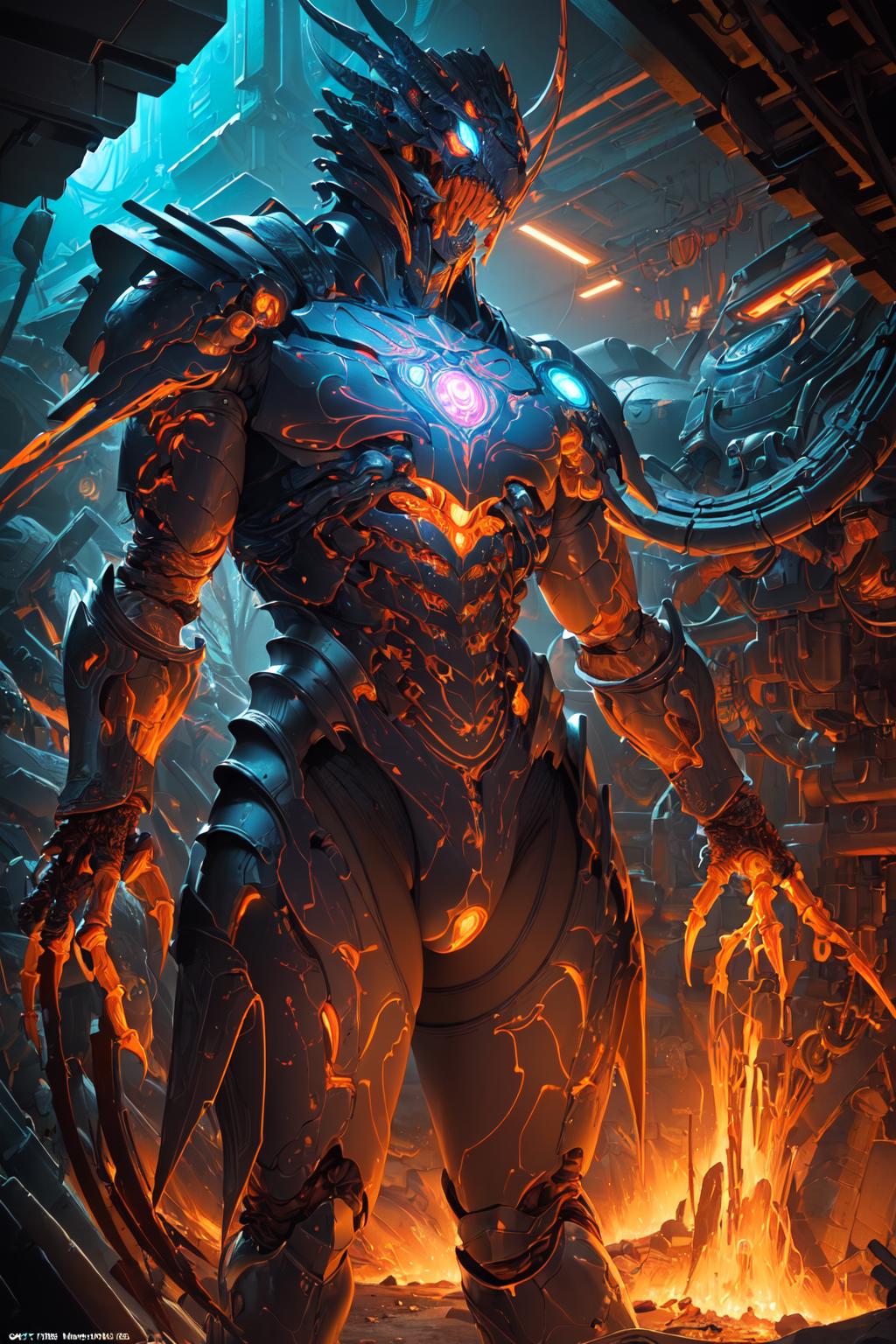Crypto games are transforming the gaming landscape, offering players the ability to earn and own digital assets. However, with these opportunities come significant security risks. Protecting your digital assets in the blockchain era is crucial for a safe and enjoyable gaming experience. Here’s a guide to best practices for safeguarding your digital wealth in crypto games.
Why Security Matters in Crypto Games
Crypto games integrate blockchain technology, which, while secure, also attracts malicious actors looking to exploit vulnerabilities. Digital assets, including cryptocurrencies and NFTs, can be targeted by hackers, making security a top priority for players. Ensuring the safety of your assets helps prevent loss and protects your investment in the game.
Common Security Risks in Crypto Games
Phishing Attacks
Phishing involves tricking players into providing sensitive information through fake websites or messages. These attacks can lead to compromised accounts and stolen assets.
Malware and Keyloggers
Malicious software can infect your devices, capturing keystrokes or accessing sensitive data, leading to unauthorized access to your crypto wallets and accounts.
Smart Contract Vulnerabilities
Smart contracts are used to manage transactions in crypto games. Bugs or vulnerabilities in these contracts can be exploited, leading to loss of funds or assets.
Social Engineering
Hackers often use social engineering tactics, such as impersonation, to gain the trust of players and access their accounts or wallets.
Best Practices for Protecting Your Digital Assets
Use Strong Passwords and Two-Factor Authentication (2FA)
- Strong Passwords: Create complex passwords that include a mix of letters, numbers, and special characters. Avoid using easily guessable information.
- Two-Factor Authentication: Enable 2FA on all accounts to add an extra layer of security. This requires a second form of verification, making it harder for hackers to gain access.
Secure Your Crypto Wallets
- Hardware Wallets: Use hardware wallets (cold storage) for storing large amounts of cryptocurrency. These are offline devices that provide enhanced security.
- Software Wallets: For regular transactions, use reputable software wallets with strong encryption. Ensure the wallet provider has a good track record of security.
Be Cautious with Links and Downloads
- Avoid Phishing: Never click on suspicious links or download attachments from unknown sources. Verify the authenticity of websites before entering your credentials.
- Official Sources: Only download software or updates from official websites or trusted platforms.
Regularly Update Software
- Keep Updated: Ensure your operating system, wallet software, and antivirus programs are regularly updated. Updates often include security patches that protect against known vulnerabilities.
Monitor and Audit Your Accounts
- Regular Monitoring: Frequently check your accounts and transaction history for any unauthorized activities.
- Audits: Conduct regular audits of your digital assets and security practices to identify and mitigate potential risks.
Educate Yourself and Stay Informed
- Stay Informed: Keep up-to-date with the latest security threats and best practices in the crypto gaming space.
- Community Involvement: Join forums and groups related to crypto games. Sharing experiences and knowledge with the community can provide valuable insights into emerging threats and solutions.
Additional Security Measures
Use Decentralized Exchanges
- Decentralized Exchanges (DEXs): Whenever possible, use DEXs for trading in-game assets. These platforms are generally more secure as they do not hold user funds.
Smart Contract Audits
- Audit Smart Contracts: Before engaging with a game or platform, check if their smart contracts have been audited by reputable security firms. Audits can reveal potential vulnerabilities.
Backup Your Wallet
- Regular Backups: Keep regular backups of your wallet’s private keys and store them in secure, offline locations. This ensures you can recover your assets in case of hardware failure or loss.
Conclusion
As the popularity of crypto games continues to grow, so does the importance of security. By implementing these best practices, you can protect your digital assets and enjoy a safe gaming experience. Always stay vigilant, keep your software updated, and educate yourself on the latest security trends. Remember, the security of your digital assets is in your hands.


